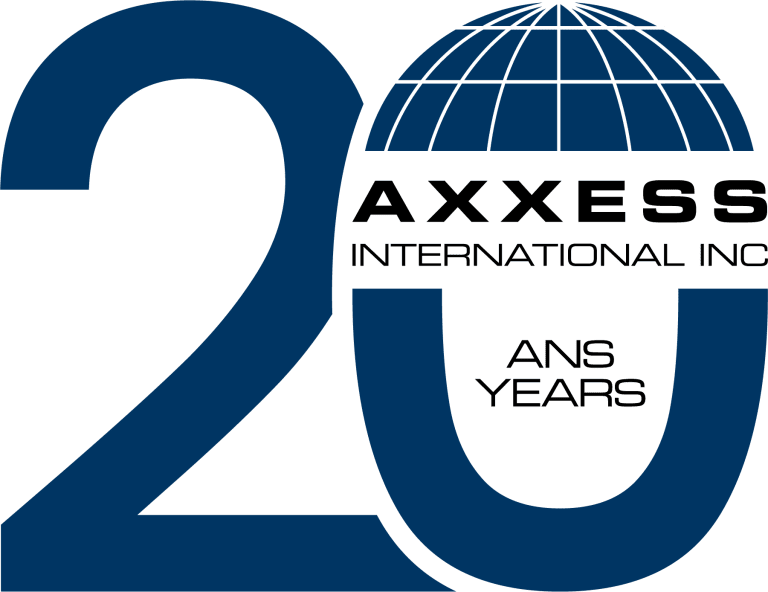The International Air Transport Association (IATA) in collaboration with Oliver Wyman, a business of Marsh McLennan, have launched a joint study, Reviving the Commercial Aircraft Supply Chain. The report addresses supply chain challenges in the aerospace industry, and explores the root cause of these challenges, the impact on airlines and initiatives to move the aviation industry forward.
Challenges within the aerospace industry’s supply chain are delaying production of new aircraft and parts, resulting in airlines re-evaluating their fleet plans and, in many cases, keeping older aircraft flying for extended amounts of time. The worldwide commercial backlog reached a historic high of more than 17,000 aircraft in 2024, significantly higher than the 2010 to 2019 backlog of around 13,000 aircraft per year.
The slow pace of production is estimated to cost the airline industry more than $11 billion in 2025, driven by four main factors:
- Excess fuel costs (~$4.2 billion): Airlines are operating older, less fuel-efficient aircraft because new aircraft deliveries are delayed, leading to higher fuel costs.
- Additional maintenance costs ($3.1 billion): The global fleet is aging, and older aircraft require more frequent and expensive maintenance.
- Increased engine leasing costs ($2.6 billion): Airlines need to lease more engines since engines spend longer on the ground during maintenance. Aircraft lease rates have also risen by 20% to 30% since 2019.
- Surplus inventory holding costs ($1.4 billion): Airlines are stocking more spare parts to mitigate unpredictable supply chain disruptions, increasing inventory costs.
Read more in a press release from IATA.




